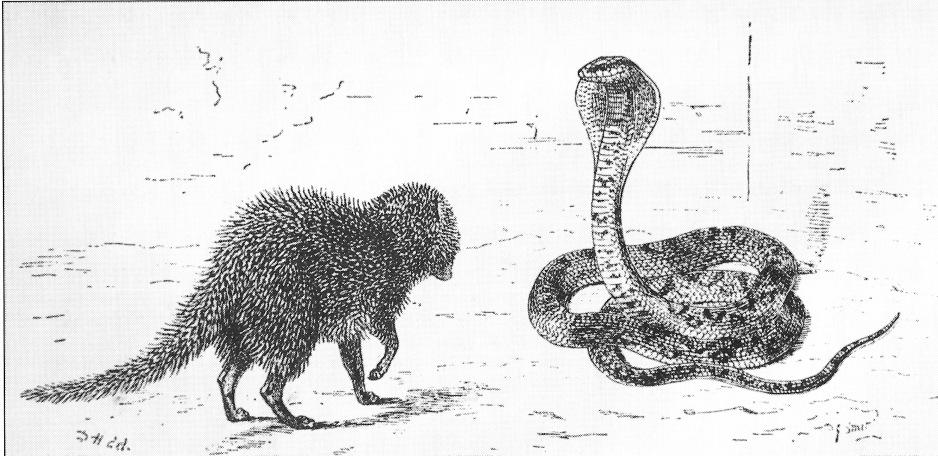
- 15 Jun 2017
In a follow up to his first game theory tutorial, Dr. Justin Grana has produced for Complexity Explorer Game Theory II: Dynamic Games. Currently a postdoctoral fellow at the Santa Fe Institute, Justin’s research focuses on game theory applications in various computer science fields. We caught up with him to discuss game theory, what’s new in his second tutorial and his own work applying game theory to complex systems.
Previously, you mentioned that you were really excited about imperfect information and subgame perfect equilibra in game theory. What about it is most appealing to you?
What excites me the most about these areas of game theory is that most games beyond the simplest abstractions are both dynamic and subject to limited observations. To me, the normal form game is just a way to get one’s feet wet with game theory. Imperfect information and dynamic games allows us to move toward real world scenarios.
We talked about your research when we released Game Theory I - Static Games (GTS), but let's dive a little deeper. Can you be more specific about what you're studying? What is your intuition on the subject?
I'm currently working on several projects, but let me explain my research on game theory and computer network attack detection. Imagine an attacker that has already infiltrated a network and is attempting to steal data. To do this, he has to forward the data to the internet. However, there is a network defender that monitors traffic from inside the network to the Internet. Since the defender is monitoring the network, the attacker can’t just dump all of the data to the Internet because the defender will notice this suspicious activity and the attacker will likely be detected. As a result, the best strategy for the attacker is to slowly dribble out the data to the Internet so he is not detected by the defender. This is a game theoretic result and is not terribly surprising. What is of interest is that by solving for the equilibrium in the game between the attacker and defender, we have solved for the best defender strategy! That is, knowing that the attacker is trying to slowly steal data, as a defender we can craft our detectors to look for the patterns consistent with attacker behavior and limit the number of false alarms. In other words, I am using game theory to think like an attacker so that we can best defend against such attackers.
What should a student be able to do after taking Game Theory II: Dynamic Games (GTD)? What insights do you think are the most important?
On the technical level, students should be able to find subgame perfect equilibria in finite extensive form games. They should also be able to recognize “non-credible” Nash equilibria in extensive form games. However, on a more intuitive level the student should be able to understand that game theory has devised ways to understand how and why people deviate from purely rational behavior.
What's the next step in building the logical foundations of game theory? First static games, then dynamic, then…..
We briefly talked about infinitely repeated games and that is certainly a relevant next step. However, the next step for a student would likely be directed toward their particular area of interest. Topics we didn’t include are Markov Games, Differential Games, Mean Field Games, Evolutionary Game Theory, Algorithmic Game Theory, Mechanism Design and Social Choice Theory.
In your game theory tutorials your models had very few players. Can you talk a little about how the principles of game theory scale in larger systems?
The intuition is the same. However, the models become much more difficult to solve both from an analyttical perspective as well as a computational perspective. There is a field known as Mean Field Games that actually deals with games of an infinite number of players.
You can take Dr. Grana’s tutorials, or any of Complexity Explorer’s tutorials, at your own pace. Start learning about Dynamic Games today by going to gtd.complexityexplorer.org.
